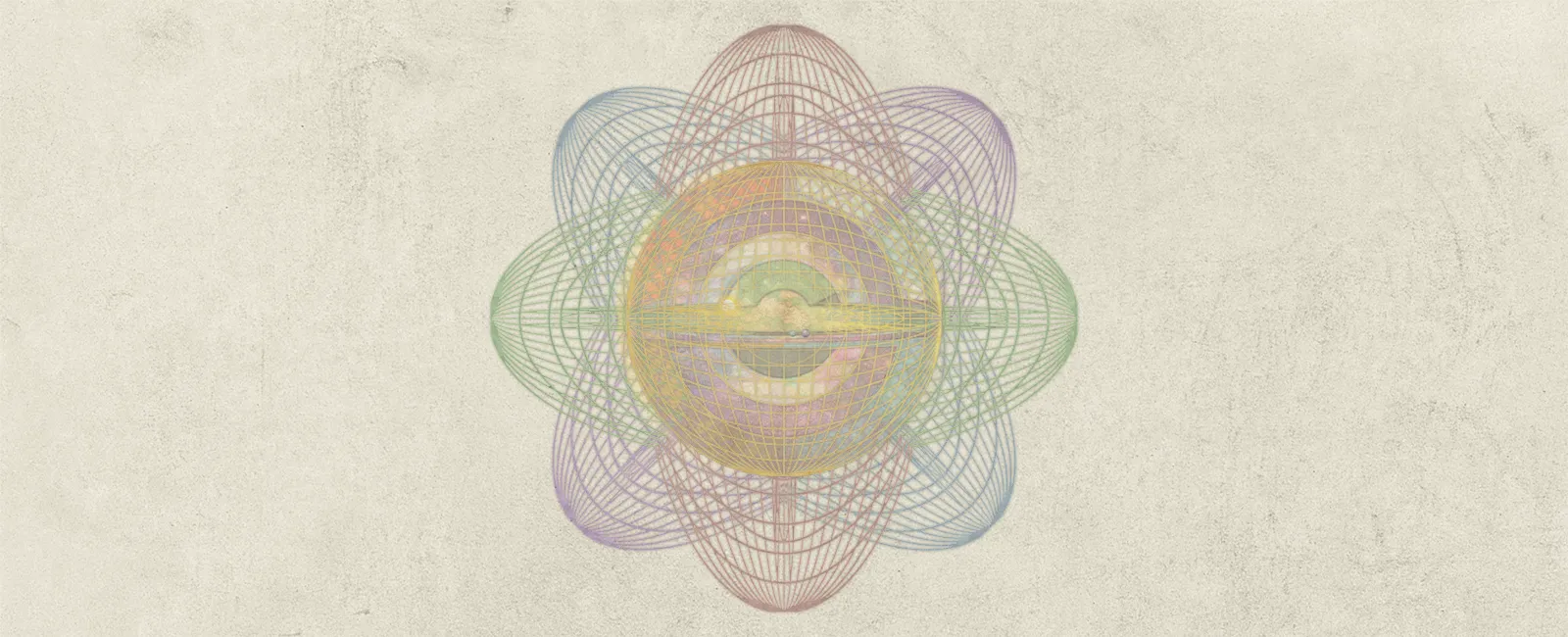Oscilaism
Oscilaism is a school of thought founded by Asal Kianmehr in Chakkar circa 200 AC.
It is a philosophy of grand scale perspective, informed by its system of logic and its views on the world as a whole. According to its teachings, as mortal beings, we are bound to act illogically, thus while using logic it is necessary to account for the illogical. It asserts that by using one's mind to understand the world and to do one's best to improve oneself, it will inevitably improve one's surroundings, be they social, environmental, technological or otherwise.
History
Oscilaism is heavily influenced by the Stoicism school of thought, which originated in the kingdom of Athens in The Greek Archipelago. According to Ir'vouthor Glimpses, Asal studied in Greece under Zeno of Citium while teaching in Chakkar, regularly traveling between the cities; similarly to most glimpses, this claim is unfounded and seems to be highly unlikely.
Basic Tenets
The Oscilaists provide a unified account of the world, constructed from ideals of extrospection, logic, and utilitarianism.Ethics
The Oscilii ethic emanates from the following principles:
- Duality - there are two sides to every story, and most have no middle ground.
- Egocentricity - the self and closer circles are more important than the other and farther circles.
- Indistinguishability - every situation can have its roles reversed.
- Continuity - everything's a spectrum, even if it only has two sides.
- Progress - An action that improves one's surroundings, self, or closer circles.
- Retrogress - An action that hinders a remote party.
- Invalid - An action that improves a remote party or hinders a close one.
- Duality - The peasantry is rebelling due to starvation; Food supplies are running low due to droughts ravaging two neighboring kingdoms, drastically decreasing food imports.
- Egocentricity - The peasant holds his and his communities lives in higher regard than the monarch's, and vice versa.
- Indistinguishability - All participants of the conflict take the side they take only due to circumstances, and would (and should) have acted the same in their rival's stead.
- Continuity - A peasant can take part in the uprising without taking arms; a royal advisor can act in his monarch's best interest while still sympathize with the peasantry.
Morality
- Wrong: An interaction between two or more parties is deemed wrong if it caused, or will cause, more retrogression than progress among all parties.
- Imperative: An action is deemed imperative if it caused, or will cause, more progress than retrogression among all parties. Alternatively, an action is deemed imperative if it has the capability to undo or prevent something wrong; the latter defintion is more often used for assesment, while the former serves as the formal definition.
- Remote: An event is deemed remote if it is impossible to assess the ratio between progress and retrogression. Alternatively, an event is deemed remote if it isn't obviously wrong or imperative.
Logic
- Objective: A statement is deemed objective if it can be regarded as either true or false, but not both. For example, "this cat is black".
- Subjective: A statement is deemed subjective if it can be regarded as both true and false without contradiction. For example, "this cat is friendly".
- Predicative: A statement is deemed predicative if it cannot be regarded as neither true nor false. For example, "this cat eats rats not out of hunger but out of sheer spite".
Current Date: 2nd of Latsum, 1572
Alternative Names
Asalaism
Permeated Organizations
Notable Members
Related Ethnicities



Comments